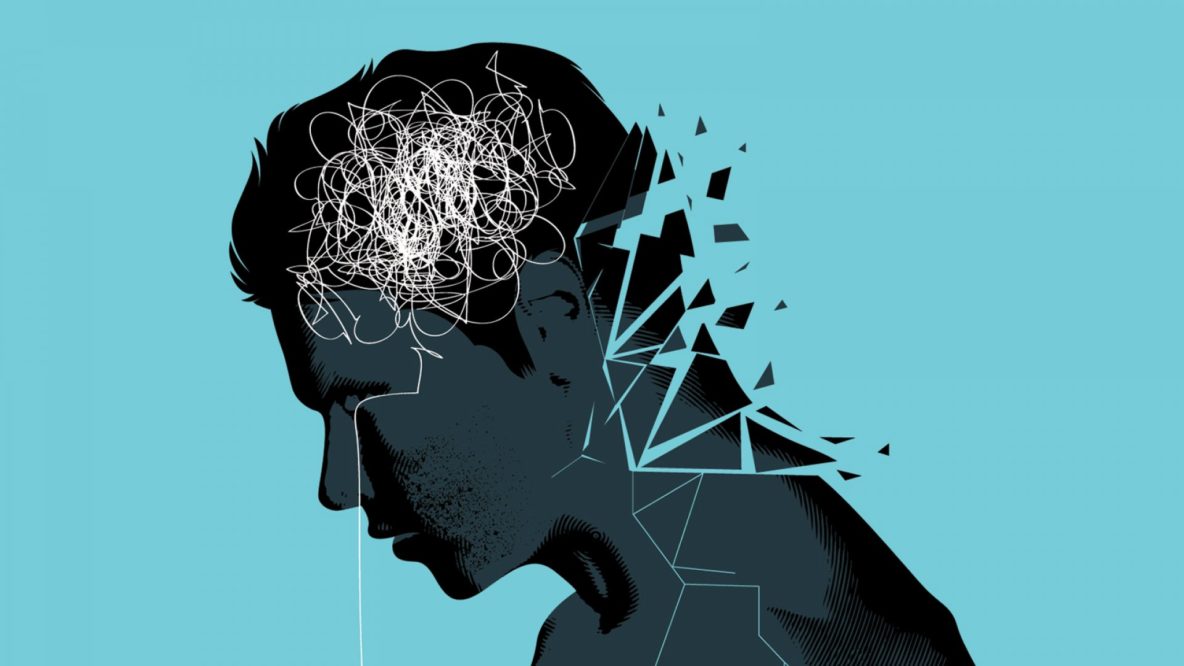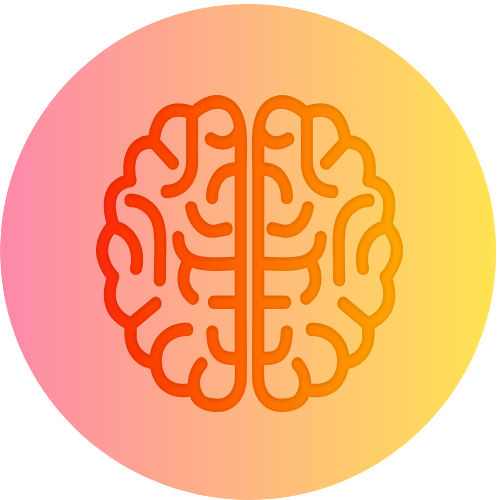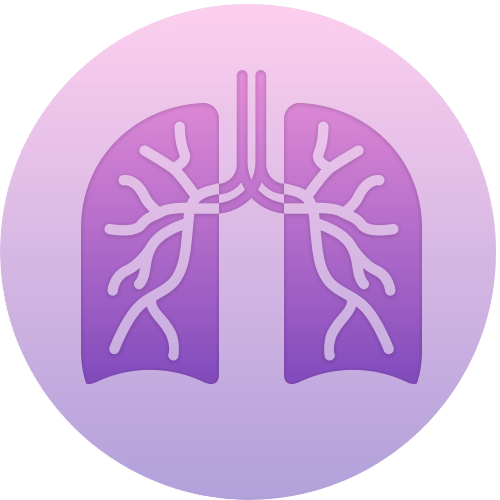How I deal with fear, anxiety, and catastrophising thinking

I received a number of great responses from many of you last week about my last article “Living in a bad dream”. If you haven’t read it, you can access it by clicking (here). Whenever I get an email response from one of my readers, I like to reply to them as often as I can. Some of you have told me in the past that you appreciate me taking the time to reply to emails despite it sometimes being 3 to 4 weeks late on my part. I always feel bad for a late reply or even sometimes not getting the chance to reply at all. However, one thing that you can be certain of is that I do read every single one of your emails despite how time-poor I am – or I should say – how poor my time management is. Some of you might think that I simply don’t care, which isn’t the truth. The truth is the opposite. Not being able to respond to every single email that I get from my patients is something that makes me anxious from time to time.
I tend to overanalyse situations sometimes and I understand that it doesn’t have to be a bad trait, but it’s often is a double-edged sword. Take an incident that happened to me this week, I found out about something that could potentially jeopardise a project I have been working on for the past year and a half. The news struck me like a lightning bolt and it changed my mood for the rest of the day. Without realising it, I carried my thoughts into my sleep and woke up at 3 am several times wiping sweat off my forehead. I was catastrophising as my mind was revving to 8000rpm like a powerful naturally aspirated engine – analysing all the possible outcomes – especially the bad ones.
I’m sure all of you can relate to this. All of us can jump to the conclusion of the worst-case scenario at times. Your friend didn’t reply to your text and your fear that they got offended. You make a mistake at work and worry that it can compromise the reputation you’ve worked hard on building. You argue with your spouse and you fear that they are going to leave you.
As a pharmacist, I’ve come across many people with anxiety disorders. One thing that I’ve learned from people with anxiety, depression, or substance use abuse is that the reasons they get anxious are usually not mysterious at all. I mean, everybody has a reason to be anxious. We all have the ultimate reason to be anxious because we know that we’re vulnerable creatures and we have the intellect to realise that we’re all going to die one day. There is plenty of reasons for us to drown our consciousness in alcohol too and that’s why there is a strong link between anxiety and alcohol or substance abuse. People find relief when drinking alcohol is because it is a very powerful anxiolytic agent. I do enjoy a glass of wine now and then, and what I noticed from my own experience this week was that having a glass of red did take the edge off – temporarily.
Now I fully understand why many people with high levels of anxiety are prone to drinking alcohol. It is because when we are catastrophising and caught in the grip of fearful thoughts, we want to immediately break free, and alcohol usually does the trick quite nicely. But a simple glass of wine that we think will be a simple fix turns out to be a vicious cycle that we naively think is okay to enter.
So how do we stop anxiety or catastrophic thinking without resorting to alcohol? What I found to be useful this week was recognising what’s happening and laying out what I was anxious about in detail. What is it that I’m afraid of? What might happen? Then I deconstruct it into small manageable problems and expose myself to situations that I was afraid of. What I noticed from this exercise is that I don’t necessarily get less afraid but instead I get braver. The two are completely different things. Because if you get less afraid, it’s like realising that the world is not as bad as you’ve once thought. On the contrary, becoming braver means that you acknowledge that the world is just as bad as you thought or even worse. However, it turns out that there is something in you that is strong enough to take on a voluntary challenge and as a consequence, grow and thrive along the way.
Obviously, it is not easy to move forward into the unknown. It takes a lot of convincing and courage. But knowing that you have the courage can be the elixir we’re all after that could help you sleep a little better at night rather than those damn sleeping pills. It certainly did comfort me when I woke up at 3 am several times this week.
The other thing I realise is that sometimes the real catastrophe we fear isn’t necessarily being afraid of what will happen or the fact that we are overwhelmed and not capable to deal with it. But rather fearing that the outcome might not be the one that we set out to achieve. That was bothering me this week as I was too focused on not achieving the ideal outcome that I fixated heavily on. Chances are that many people who don’t achieve their ideal outcome might give up after weighing up the costs and benefits of continuing to pursue the same path. The problem with this is that many of us do not realise that there is a cost and benefit of not doing something as well, and sometimes the cost of not doing something is far worse than the cost of continuing pursuing the same path even if the path seems risky.
The ultimate lesson that I’ve learned from my personal experience so to speak, to help break anxious and catastrophic thoughts is to realise that there are risks no matter what you do even if you choose to do nothing. This can help us break loose from our shackle of anxiety and start taking some risks that we don’t normally do but know we should be taking.
To find your way to diminishing your anxious and catastrophic thoughts,



















